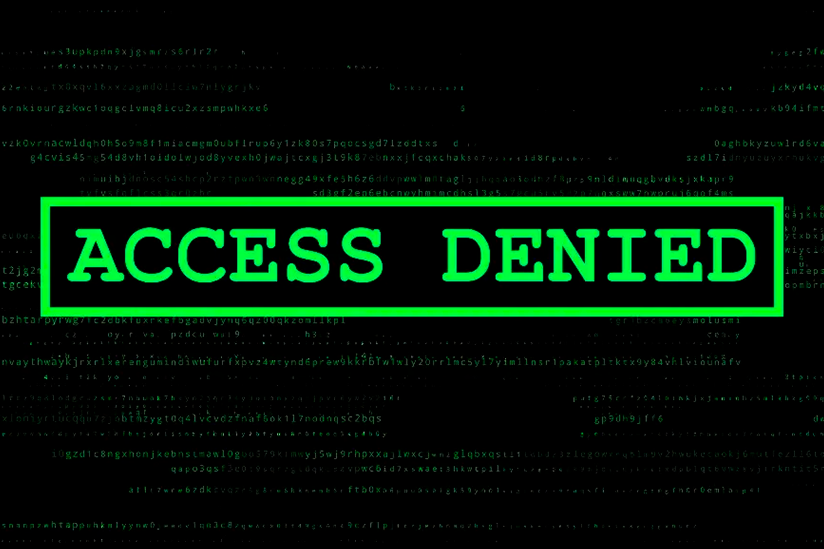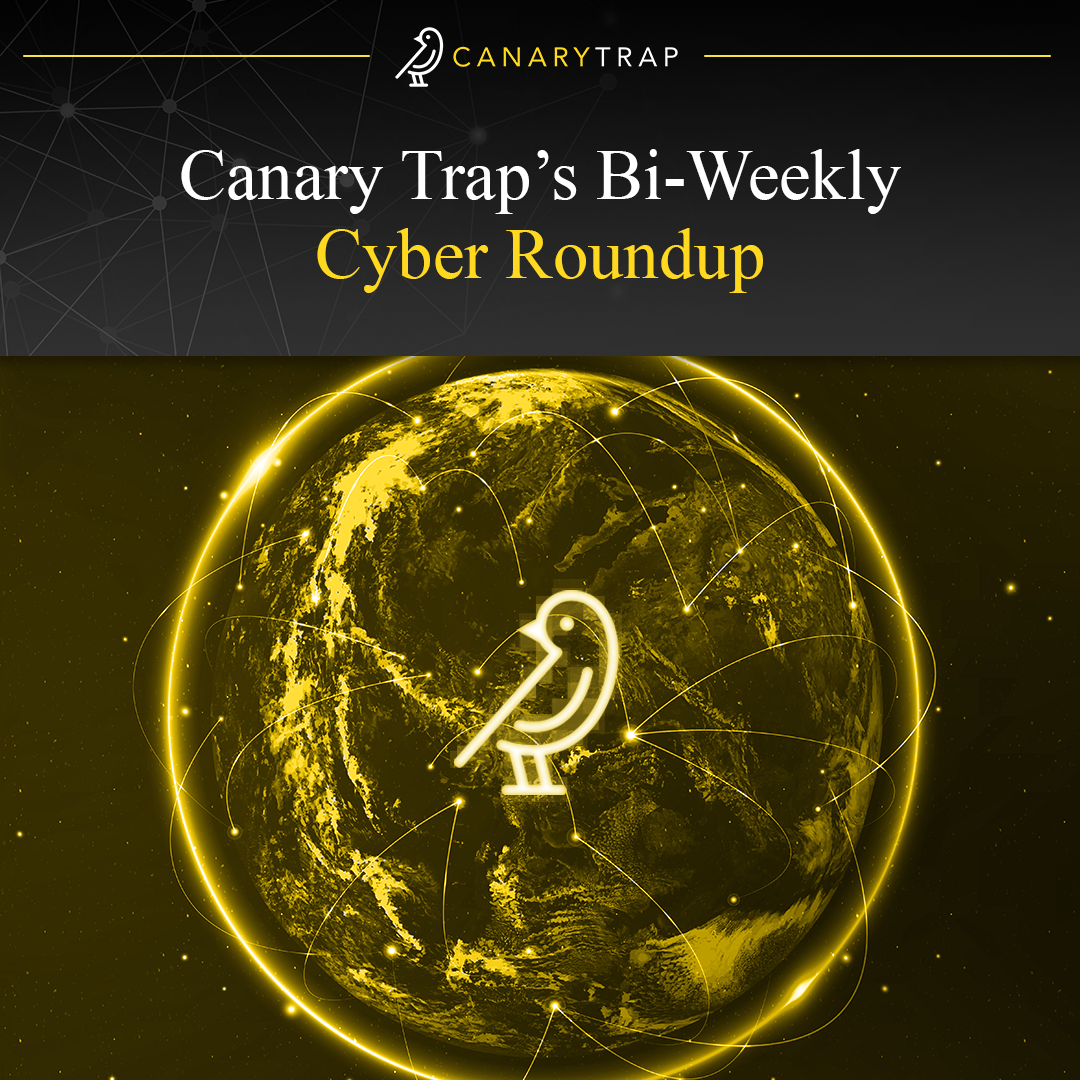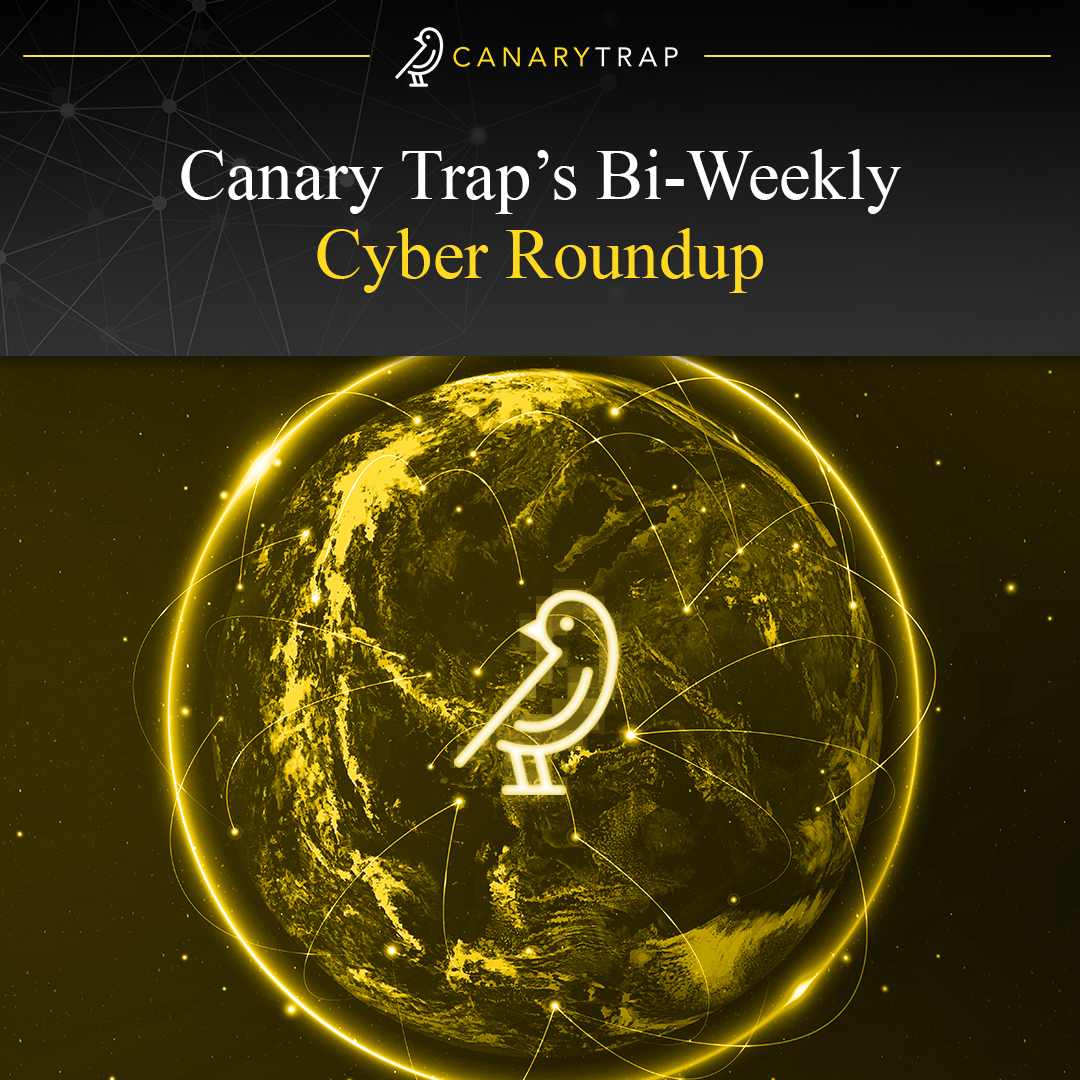Crypto Security
Crypto investing faces significant security challenges, including a steep learning curve, lack of traditional advisor support, and market volatility. In 2022 alone, $3.8 billion was stolen in crypto hacks, with decentralized finance (DeFi) platforms being primary targets. To protect oneself, it is recommended that you remain cautious of too-good-to-be-true opportunities, conduct thorough research, and avoid […]
read more









